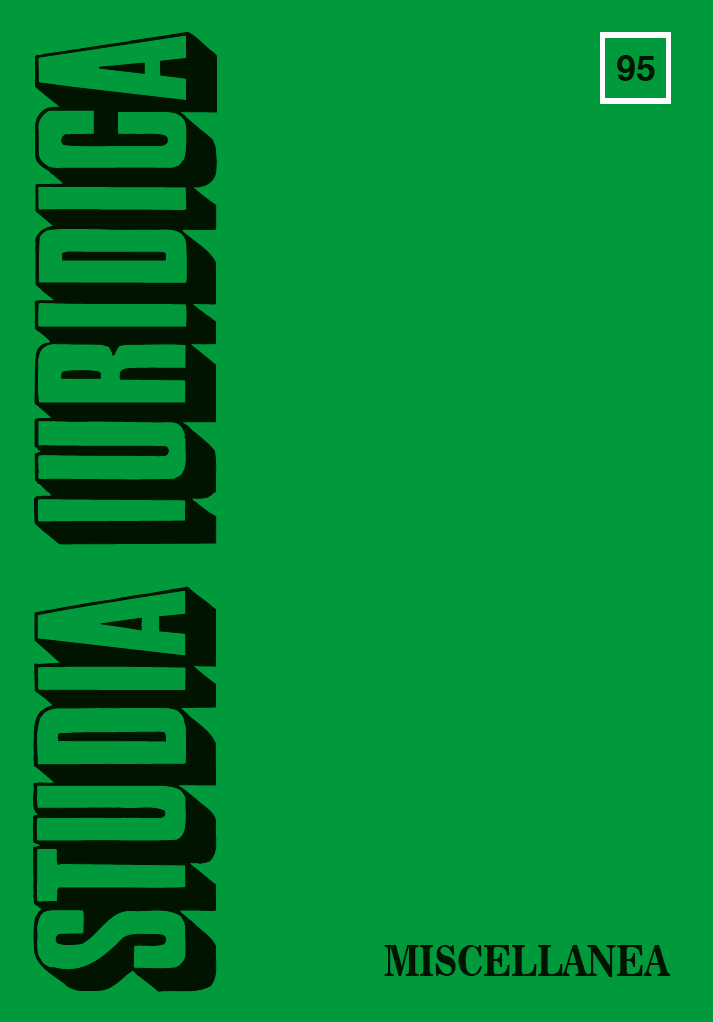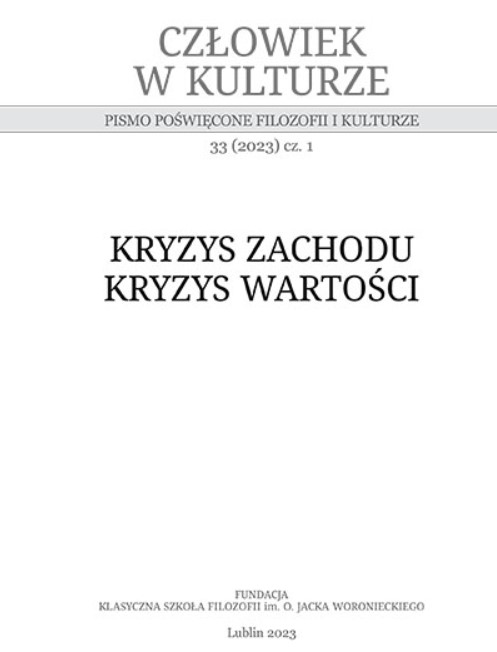
EMPLOYMENT FLEXIBILITY IN TIMES OF CRISIS
EMPLOYMENT FLEXIBILITY IN TIMES OF CRISIS
Keywords: flexibility; employment relationship; workplace; working time; non-employee work; COVID crisis; anti-crisis legislation
This article addresses the issue oflegitimacy and legal consequences of the introduction of various forms of flexible employment in times of crisis, above all focusing on issues related to the flexibility of the workplace (telework, remote work), as well as those of flexible working time (part-time work, modifications of working time systems and schedules). Bearing in mind the specifics of the crisis, the following legal constructions will also be analyzed: term employment contracts, non-employee civil law work, work in cottage industry, self-employment, temporary work, casual work, on-call work, job sharing, and employee outsourcing. Each flexibilisation of employment introduced into the legal order due to the crisis, although temporary, each time leaves its mark on the regulations in force also in times free from a crisis (specific legal constructions remain, permanently modifying a given legal order). This article is also devoted to this issue.
More...

